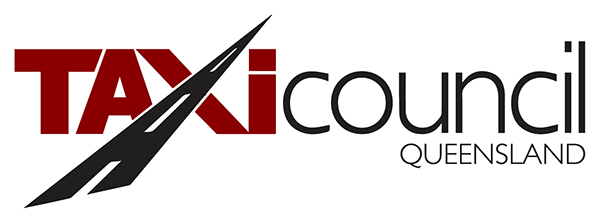Media release
06 August, 2018
The growing frustration from train commuters on the lack of parking availability across South-East Queensland train stations has pushed travellers to park longer and unsafe distances from the station, forcing many to walk through dimly lit and unmarked paths to their vehicles after work. The Taxi Council of Queensland (TCQ) says these concerns open the door for the Queensland Government to step up and put passenger safety first.
TCQ CEO, Blair Davies, says there are adverse flow-on effects if passengers do not feel safe catching public transport and the Government needs to consider timely solutions now.
“With Brisbane off-street CBD parking the most expensive in the nation, people are opting to take public transport, especially trains, but there is not sufficient and safe parking spaces in close proximity to many south east Queensland train stations. Commuters and the residents in areas surrounding train stations can’t wait for more parking facilities to be developed when there’s an immediate safety problem that needs to be addressed,” Mr Davies said.
“More often than not, commuters will opt to drive to the train station to have the comfort of knowing when they return back from work, their vehicle is there to take them home safely. This crazy expectation of maintaining private vehicles to simply drive to catch public transport, is an ineffective use of a car.
“While train stations are supposed to be only 800 metres or so away from the populations they service, the reality is quite different. For many train users, the distance from home to the station is too far to comfortably and safely walk. That’s why we are hearing that at many stations, where lighting, designated pathways and security are limited, commuters are becoming increasingly frustrated and resorting to parking illegally to stay near the stations. They are literally preferring to risk a fine rather than put their own safety in jeopardy.
“We can’t have the community being forced into this kind of illegal predicament or unsafe circumstances when feeder services such as taxis could be made available 24/7 to ensure passengers get home safely.”
Mr Davies, believes the taxi network and system is an untapped resource for the Government to better service Queensland Rail’s limited car parking infrastructure at stations and the transport needs of Queenslanders.
“Taxis are an important complement to the scheduled mass transit services provided by other forms of public transport. There’s a great opportunity for the Queensland Government to better utilise taxis, a proven transportation network, to connect more people and ensure their commute is the most efficient and safe it can be.
“Taxis can take commuters directly between their front door and the nearest train station via a pooling service, to provide a safe, efficient end-to-end journey for the traveller. It’s a simple variation to the service we already provide and due to the nature of our operations, with our 24/7 availability, multi-occupancy taxis are a great way to address safety concerns and an idea the Government should consider actively exploring. Passengers would no longer have to walk through unsafe conditions to get to their private vehicles and perhaps not even bother with owning a vehicle.
“TCQ would welcome the opportunity to discuss ways to improve the safety of all Queensland commuters and to work closely with the State Government and Translink exploring different options to increase public safety with situations such as this,” concludes Mr Davies.
ENDS
